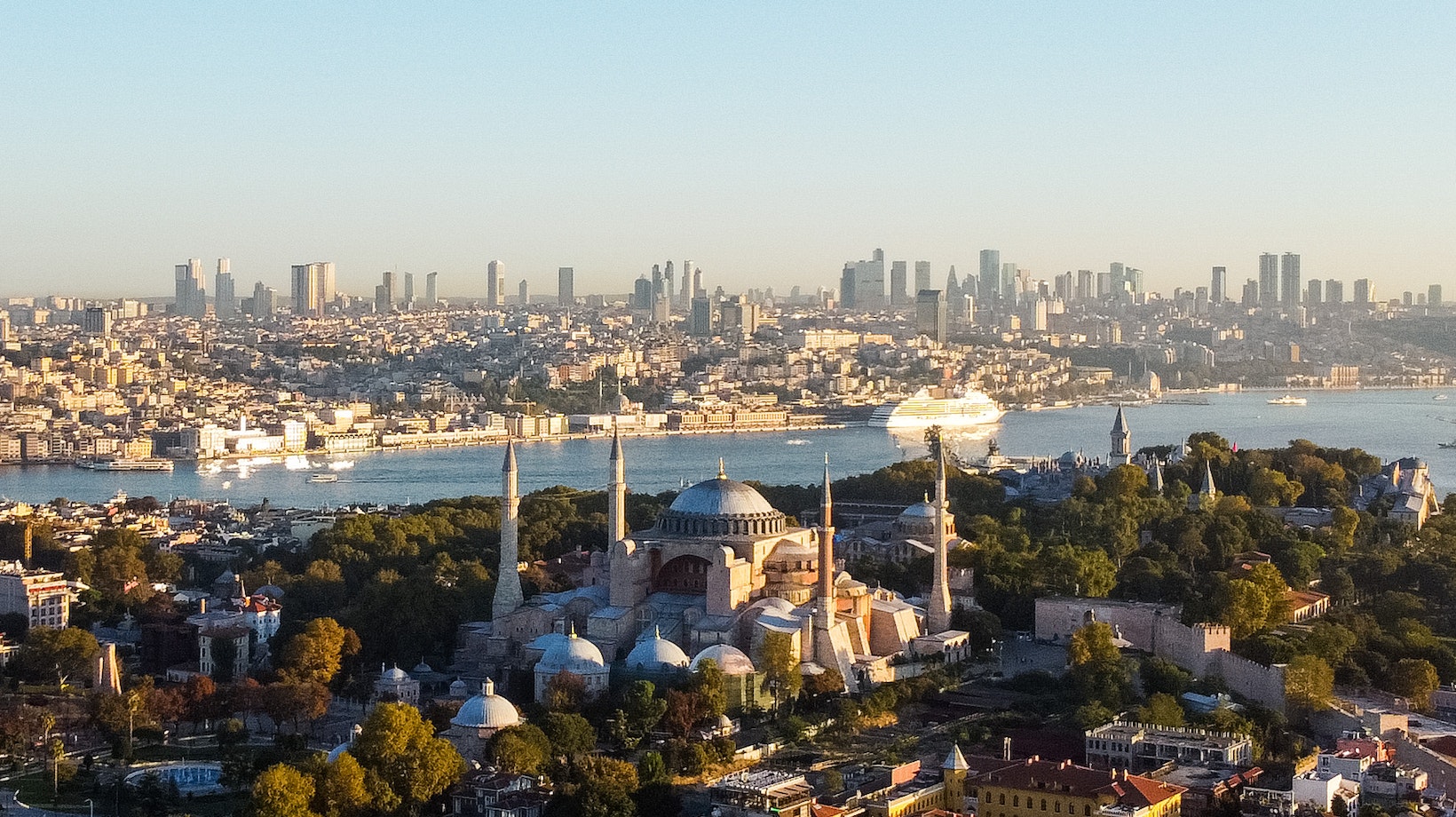
Nationalist Movements in the Ottoman Empire Resulted In
The nationalist movements in the Ottoman Empire resulted in significant changes and reshaped the geopolitical landscape of the region. These movements led to the disintegration of the empire and the formation of new nation-states based on ethnic or religious identities. Here are some key outcomes of these nationalist movements:
- Formation of New Nation-States: The nationalist uprisings and revolutions in the Ottoman Empire resulted in the establishment of independent nations in the Balkans and the Middle East. Countries such as Greece, Bulgaria, Serbia, Montenegro, and Romania emerged as sovereign states, reclaiming their cultural and political autonomy.
- Territorial Disputes: The disintegration of the Ottoman Empire led to territorial disputes among the newly formed nation-states. Borders were redrawn, and conflicts arose over disputed territories, often triggering tensions and even armed conflicts between neighboring countries.
- Struggles for Power: The power vacuum created by the collapse of the Ottoman Empire gave rise to struggles for control and influence in the region. Major powers such as Britain, France, and Russia sought to assert their dominance and protect their interests, leading to increased involvement and intervention in the affairs of the newly formed states.
- Reconfiguration of Borders: The nationalist movements resulted in the reconfiguration of borders in the Balkans and the Middle East. New borders were drawn, sometimes along ethnic or religious lines, which led to the displacement of populations and the creation of new minorities within these nations.
- Legacy of Nationalism: The nationalist movements in the Ottoman Empire left a lasting legacy on the region. Nationalism became a powerful force, shaping the identity and politics of the newly formed states.
The nationalist movements in the Ottoman Empire had far-reaching consequences. The disintegration of the empire led to the formation of new nation-states, territorial disputes, struggles for power, the reconfiguration of borders, and a lasting legacy of nationalism. These outcomes continue to shape the geopolitical dynamics of the region and highlight the complexity of the post-Ottoman era.

Causes of Nationalist Movements
One of the main causes of nationalist movements in the Ottoman Empire was political oppression. The empire was ruled by an authoritarian regime that suppressed any form of dissent or opposition. This led to a growing sense of frustration and discontent among the diverse population, who felt marginalized and voiceless.
Another significant factor that fueled nationalist movements was the ethnolinguistic diversity within the empire. The Ottoman Empire was home to various ethnic and religious groups, each with its own distinct culture, language, and traditions. This diversity often led to tensions and conflicts, as different groups vied for recognition and rights. As a result, nationalist sentiments emerged as a way for these groups to assert their identities and demand autonomy or independence.
Economic inequality also played a role in the rise of nationalist movements. The Ottoman Empire faced significant economic challenges, with disparities in wealth and resources between different regions and social classes. Many people felt marginalized and disadvantaged by the economic policies of the empire, which favored the ruling elite. This economic disparity fueled resentment and provided fertile ground for nationalist ideologies, as people sought to address these inequalities and achieve economic justice.
Rise of Nationalist Leaders
Mustafa Kemal Atatürk – One of the most prominent nationalist leaders during the late Ottoman Empire was Mustafa Kemal Atatürk. A military officer and a skilled strategist, Atatürk played a pivotal role in the establishment of modern Turkey. He led the Turkish War of Independence against the occupying Allied forces and successfully defended Turkish territories. Atatürk’s leadership and vision laid the foundation for the Republic of Turkey, which was officially established in 1923. His reforms aimed at modernizing the country and transforming it into a secular and democratic nation.
Ismail Enver Pasha – Another influential figure in the nationalist movements was Ismail Enver Pasha. As a prominent leader of the Young Turks movement, Pasha advocated for the modernization of the Ottoman Empire. He played a key role in the 1908 Young Turk Revolution, which aimed to establish a constitutional government and promote equality among the diverse population. However, Pasha’s actions during World War I, including his involvement in the Armenian Genocide, have been highly controversial. Despite this, his contributions to the nationalist cause cannot be overlooked.
These nationalist leaders, like Atatürk and Pasha, emerged as influential figures during a time of political turmoil and societal upheaval. Their determination and leadership skills were instrumental in uniting and mobilizing their respective communities towards the goal of independence and self-determination.













































































































